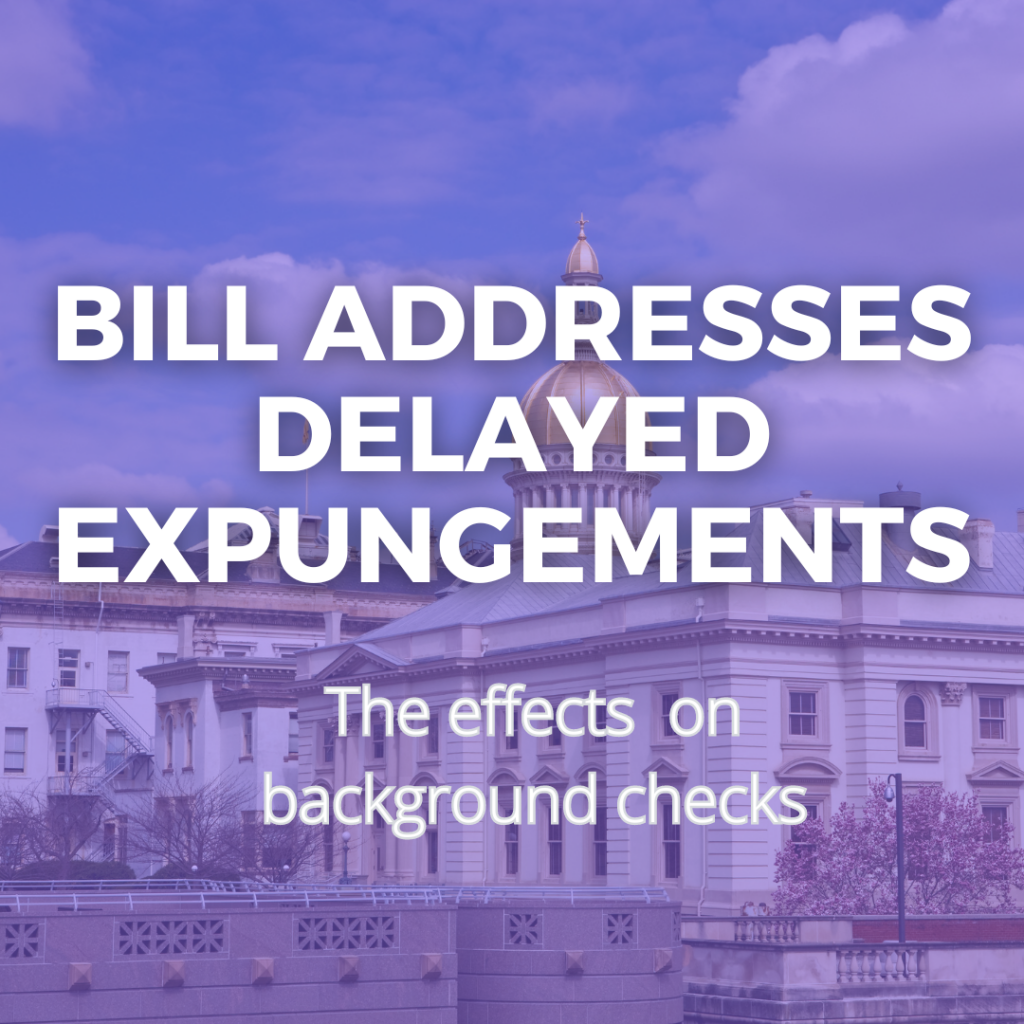New Jersey Considers Bill for People With Delayed Expungements
December 27, 2023
The New Jersey Assembly’s judiciary committee has advanced a bill concerning state police. This bill bans the state police from releasing background records before checking whether a judge ordered their expungements. It appeared two months after a class action lawsuit against the state police.
The state police currently have a backlog of over 46,000 unprocessed expungements. As such, there is a considerable risk of them releasing records with pending expungement orders. The state’s Office of the Public Defender filed the suit due to the delays in removing expunged criminal offenses from background checks.
The two-year delay in processing expungement orders resulted in disclosed criminal histories that the police should have sealed. As such, landlords, employers, and other parties that run background checks should not have accessed this information. Releasing these records could have resulted in individuals missing opportunities and was illegal.
Assemblywoman Annette Quijano, the bill’s primary sponsor, expressed concern about the processing delays for the expungement orders. This concern grew as she worked on bills to legalize marijuana. She realized these delays caused significant difficulties for many people with low-level drug offenses. In addition, several constituents called her office to relay similar issues.
Though the judiciary committee agreed to advance the bill, the Senate’s law and public safety committee have not approved it. The session ends on January 9, leaving little time for lawmakers to pass the bill. Furthermore, the judiciary committee advanced a bill with several changes to the current expungement procedures.
One of the changes includes a fee-shifting provision for people with low incomes. If the law granted an expungement, it would not delay the process due to mandatory court-related fees. The bill would make the state Treasury collect the fees people owed instead of the courts.
Should the bill pass, it would allow people to apply for expungements in their county of residence. This change would alter the current requirement to apply where the offense occurred. Changing this step would remove a costly barrier that people seeking expungements face. Passing these bills would make it easier for many to expunge their criminal histories. It would also ease worries for those still waiting for their approved expungements to finish processing.
Until then, employers should carefully consider whether certain offenses relate to open positions. The best way to conduct compliant background screenings is by working with a trustworthy background-checking company. The right provider will ensure that companies consider only relevant criminal backgrounds when making informed hiring decisions.
Keep your business compliant with new laws and regulations with JDP’s reliable background checks. Contact a sales rep today.
